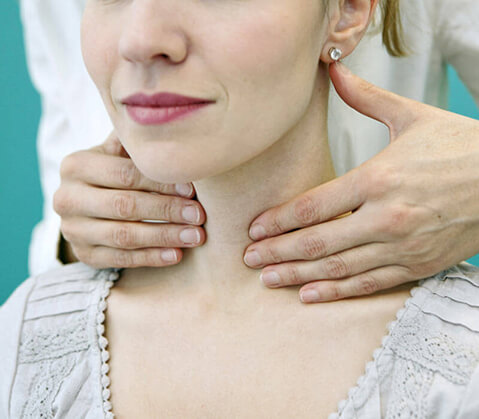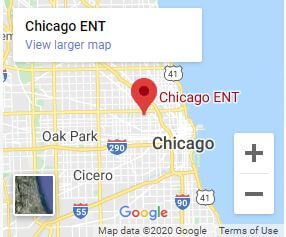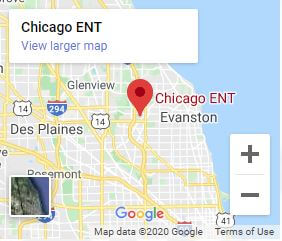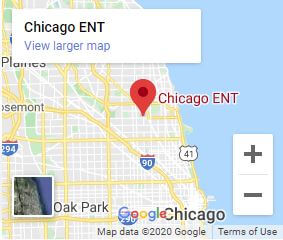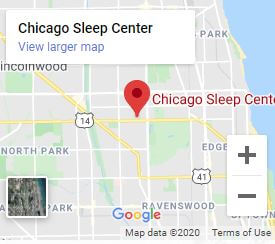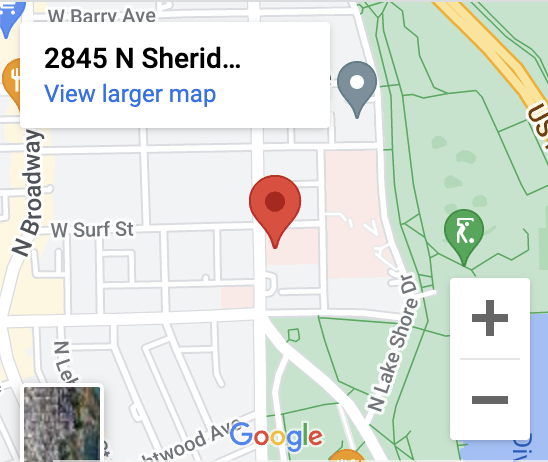Are you concerned that you may have food allergies? Whether you have food sensitivities or allergies, these differ from person to person.
The symptoms of an allergic reaction to food won’t always be the same, and they may worsen over time. Even if two people have the same allergy to a food, that doesn’t mean that they’ll react in the same way.
The severity of the allergic reaction depends on a variety of factors. Keep reading to learn more about food allergies and what makes them severe!
What are Food Allergies?
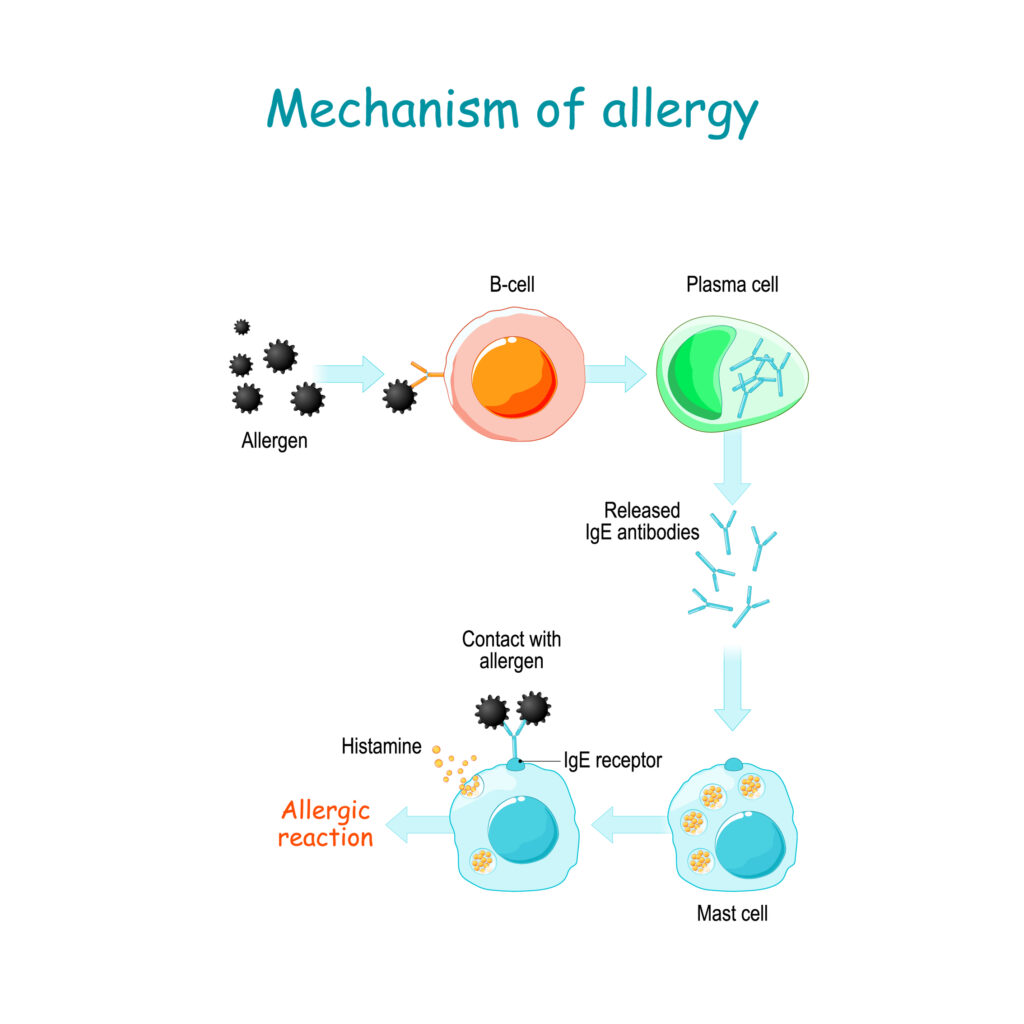
Food allergies are caused when you eat food that your immune system identifies as an allergen. When this happens, it triggers an allergic response utilizing IgE antibodies, which is an inappropriate response by the immune system.
All food allergies can be potentially life-threatening. Reactions from food allergies can be highly unpredictable.
Common Food Allergies

Theoretically, any food can cause an allergic reaction, however, 90 percent of food allergies are due to these eight foods:
- Milk
- Egg
- Wheat
- Peanut
- Tree nuts (almond, hazelnut, cashew, pistachio, pecan, walnut, etc.)
- Fish
- Shellfish (shrimp, clam, crab, lobster, mussels, oysters, etc.)
- Soybean
- Sesame seed
Signs and Symptoms of Food Allergies
You may react minutes or even hours after eating food if you have a food allergy. Some of the common symptoms and signs to watch out for include:
- Burning sensation in the mouth or lips
- Hives that present as itchy, red, or swollen skin rashes
- Red, itchy, watery eyes
- Tingling or itchy inner ear or mouth
- Dry cough
- Sneezing
- Stuffy or runny nose
- Stomach cramps
- Diarrhea
- Vomiting
Food Allergies and Anaphylaxis
Some people will have a severe allergic reaction and go into anaphylaxis if they ingest the food they are allergic to. Anaphylaxis can occur in as little as a few seconds or a few minutes after exposure to the allergen.
Often, anaphylaxis starts with severe itchiness on the face or eyes, followed by some of the following:
- Hives or red rash
- Abdominal cramps and pain
- Shortness of breath
- Wheezing
- Diarrhea
- Vomiting
- Chest tightness
- Confusion
- Pale skin
- Swelling that may make it hard to breathe or swallow
If you notice these symptoms, it’s critical to get medical help immediately. Without prompt treatment, you could experience more intense, life-threatening symptoms such as:
- Rapid and weak pulse
- Low blood pressure
- Shock
- Unconsciousness
If left untreated, anaphylaxis can result in a coma, or worse, death. If you have severe allergic reactions to certain foods, always carry an epinephrine autoinjector. Having an epinephrine autoinjector will aid in easing the symptoms until you receive medical attention. While supportive medications, such as antihistamines, inhalers, steroids can help relieve signs and symptoms of a food allergy, epinephrine is the only treatment that can stop a food allergy from becoming severe and life-threatening.
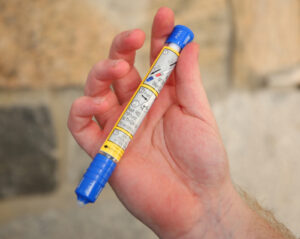
What to Do If You Experience an Allergic Reaction
If you’re not experiencing a severe allergic reaction, you can use topical creams that contain corticosteroids and ice to help with itching, swelling, and redness. Antihistamines and decongestants are also effective for minor allergic reactions.
Decongestants clear congestion, while antihistamines can treat and even prevent hives.
If any of these options don’t work, make sure you see your doctor. If you’re experiencing a severe allergic reaction, an epinephrine autoinjector is the most important medication to treat your signs and symptoms.
How to Diagnose Food Allergies
When it comes to diagnosing food allergies, your doctor at Chicago ENT will ask you a series of questions concerning your reactions to particular foods, including:
- What you ate before you started experiencing the symptoms
- Where the food you ate came from
- The symptoms you experienced after eating the food
- Whether the food was cooked or raw
- How long it took before reaction began
Your Chicago ENT allergist will also want to know if you have a family history of allergies and existing atopy like asthma, eczema, or seasonal allergies.
If it’s suspected that you have a food allergy, you may undergo any of the following diagnostic tests:
Food Diary

Your allergist may ask you to write down everything you eat and note any symptoms if they occur. Mapping your symptoms helps your doctor see whether there’s a relationship with the foods you eat.
Skin Prick Test
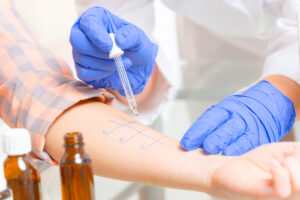
During a skin prick test, your allergist will place a small amount of suspected, diluted foods on your arm or back then scratch your skin. Reactions like itching, redness, or swelling could point to food allergies. You will need to stop all antihistamines 7 days prior to skin prick testing.
Blood Test
A blood test looks for the presence of IgE antibodies in your blood. IgE antibodies are produced by the immune system when you consume foods that you’re allergic to. The allergist will order the blood test and a lab technician will draw a blood sample from your arm using a tiny needle.
Oral Challenge Test
After discussion with the allergist, you may be recommended to undergo an oral challenge. An oral challenge is when the patient ingests the food suspected of causing a food allergy in a gradual, stepwise fashion under the allergist’s supervision to determine if, in fact, the food is causing an allergy. This is done in a controlled, safe environment with the necessary treatments available in case a reaction does occur.
Food Allergy Specialists
Chicago ENT’s allergists are specialists in treating complex allergies. We utilize second to none testing capabilities to solve complex cases.
As top-rated allergists, we bring highly individualized and the most advanced treatment to reduce or prevent the likelihood of experiencing severe food allergy symptoms.
Are you concerned that you may have a food allergy? Schedule an appointment at Chicago ENT in Chicago, IL, today and get the help you need!





